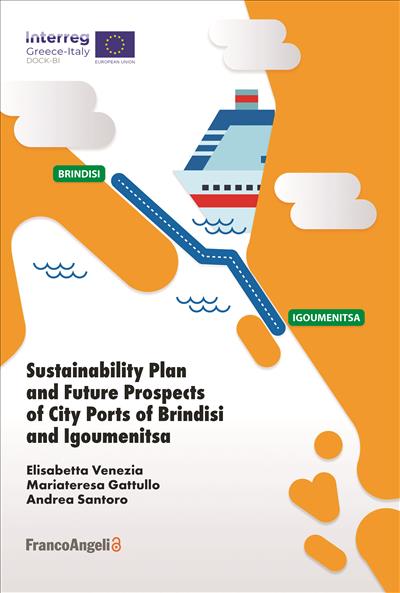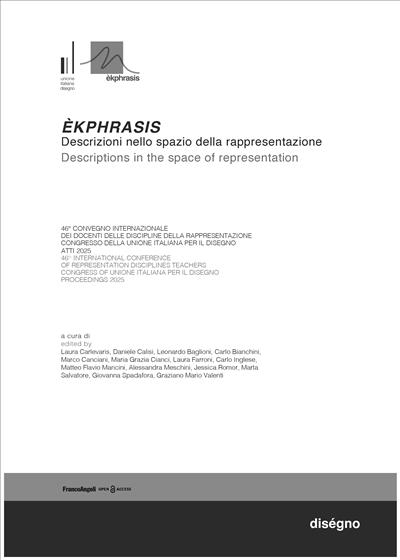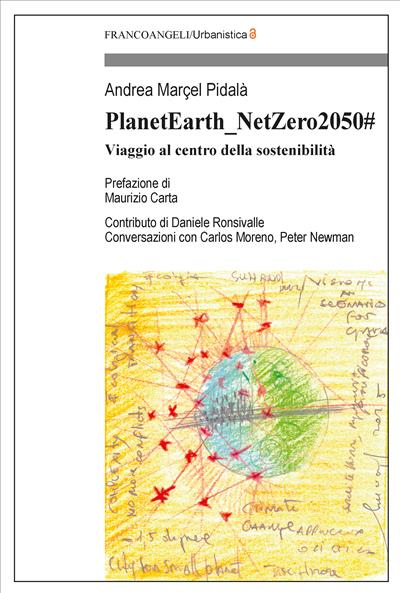
Collectively Designing Social Worlds
History and Potential of Social Innovation
What are the social facts that led to the need to activate social innovation processes? What is (and what can be) the role of design in these processes?
The challenges of modernity and post-modernity have led designers to become often protagonists and activators of sustainable and social innovation processes, possible thanks to users' and stakeholders' involvement in co-creation processes.
This book adopts a multidisciplinary approach to eviscerate social innovation as a concept with its foundation in theoretical, political, and methodological domains. The present discussion will be based on sociology and design. The first will mainly define the theoretical framework of reference; the second will mostly deal with experimental and applied research dealing with social innovation.
Pagine: 134
ISBN: 9788835112761
Edizione:1a edizione 2020
Codice editore: 10319.6
Informazioni sugli open access




